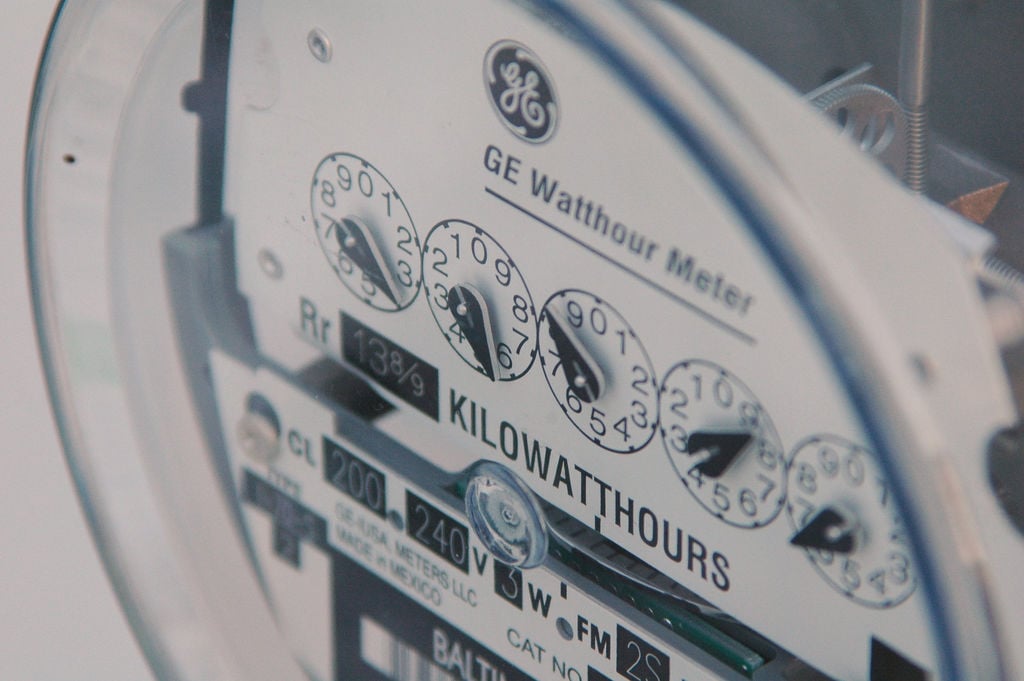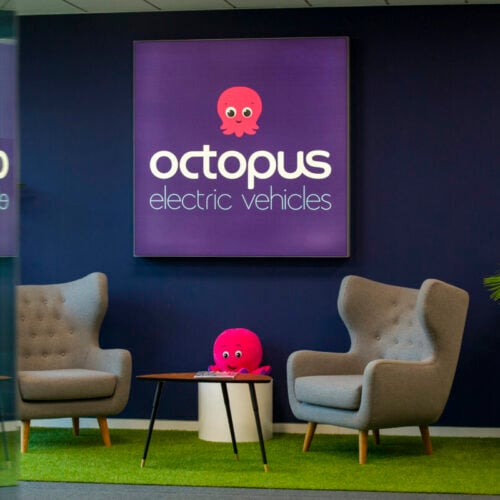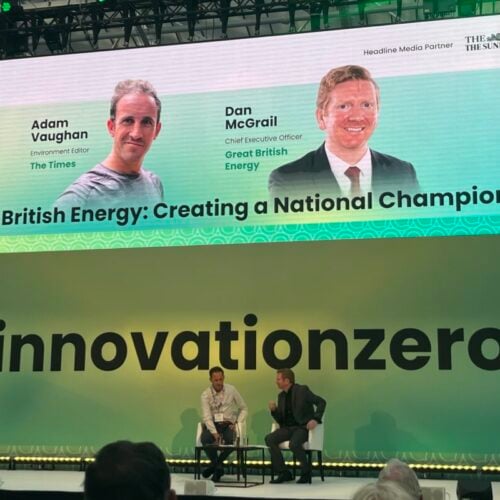Energy suppliers have been urged to adopt ‘energy as a service’ models in order to help further the energy transition, with one industry representative calling for the end of bills measured in kilowatt hours.
That was one of a series of points made on the future of energy supply and the role of the consumer at this month’s All-Energy conference in Glasgow, Scotland, which sought to focus specifically on the evolving energy market and the consumer’s role within it.
The discussion placed consumers and suppliers within the context of both current and emerging energy policy, referencing how most policy makers are aiming to stimulate increased energy efficiency and reduced energy use.
Tim Rotheray, chief executive at the Association for Decentralised Energy, argued strongly that if suppliers are to truly deliver the kind of change necessary to meet the aims of such policy and, by extension, climate-related decarbonisation goals, then they will need to change their approach.
“The thing that I conclude is that the kilowatt hour has got to die. You can’t sell commodities which every new policy says you want [consumers] to buy less of and use more differently. We’ve got to change that,” he said.
“You’ve got to end up with the people that are supplying the energy, to genuinely move to a service model.”
As it stands, customer energy bills depend entirely on how much energy is consumed, measured in kilowatt hours. However there is a growing feeling within the energy industry that bills will naturally evolve in a similar fashion to the telecommunications and internet sector, where customers tend to pay a monthly subscription for unlimited usage.
Parallels between the future direction of the energy market and the telecoms sectors are not uncommon, and Rotheray said that ultimately the average consumer “doesn’t actually care about electricity or gas or heating” and instead has their interest firmly in whether their lights turn on or their car is able to get them to work and back.
So-called ‘energy as a service’ models have emerged from certain suppliers in recent times. Earlier this week Ørsted, the utility formerly known as DONG, landed independent boarding school Milton Abbey as its latest energy service client.
The agreement has seen the utility take over the site’s heating system, optimise its performance and make further investigations into how much energy could be saved via on-site generation, as well as handling its entire energy supply.






